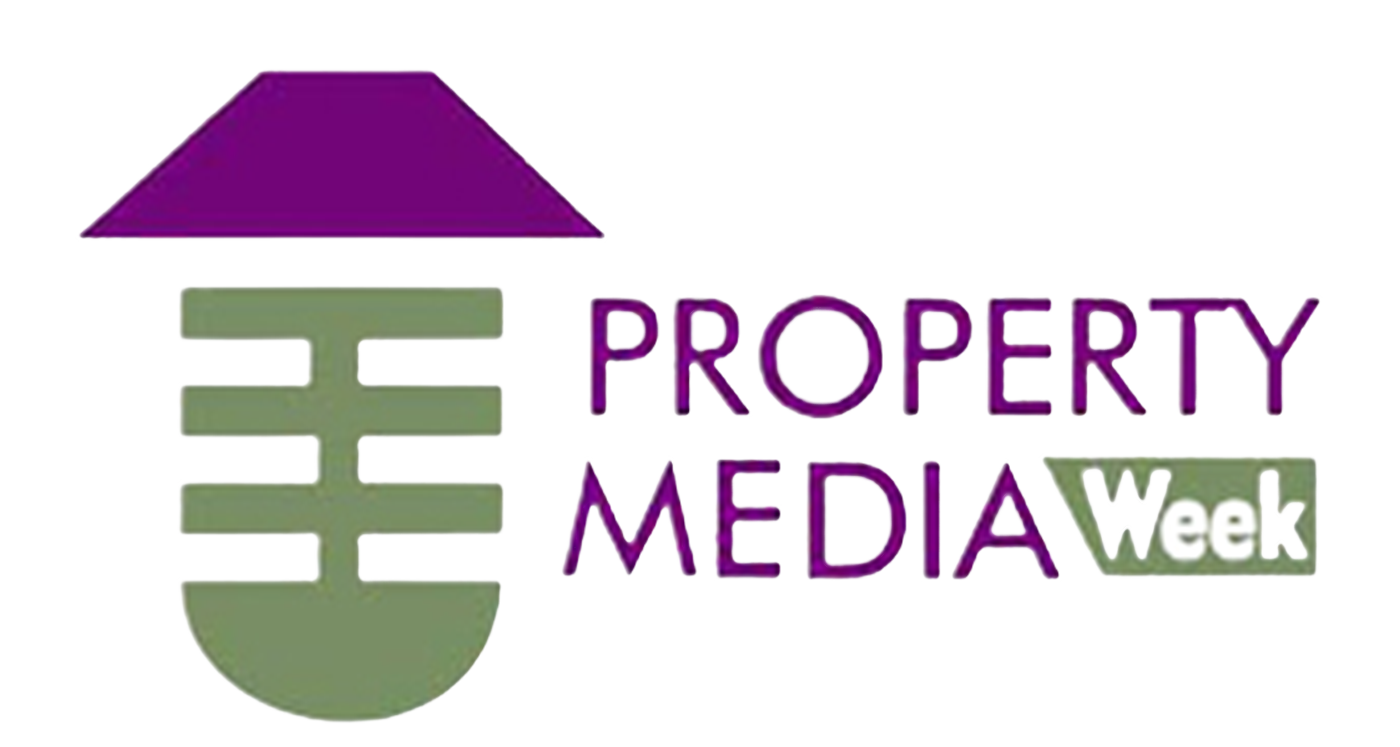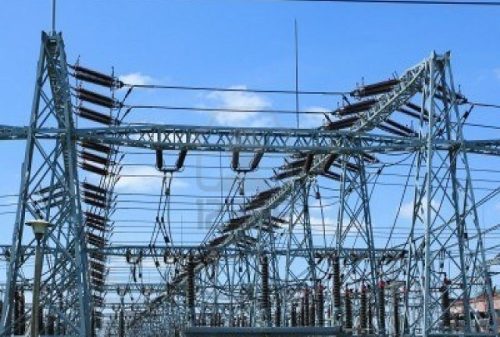Electricity supply in Nigeria has shown noticeable improvement in recent months, particularly in parts of Lagos, Ogun, Osun, Bayelsa, Delta, Akwa Ibom, and Yobe, according to recent findings. Residents in these areas confirm that they are experiencing more stable power supply compared to previous years.
However, not all states share the same experience. Communities in Ekiti, Sokoto, Yobe, and the Federal Capital Territory (FCT) still lament irregular supply, highlighting the uneven distribution of electricity improvements across the country.
At the same time, consumers are voicing strong concerns over high electricity tariffs, which many describe as “unbearable.”
The Nigerian Electricity Regulatory Commission (NERC) introduced the Service-Based Tariff (SBT) regime in October 2023, grouping consumers into five bands based on average daily supply. According to NERC, Band A customers are expected to enjoy at least 20 hours of electricity daily, while Band E customers receive just 4 hours.
At Property Media Week, we have previously covered Nigeria’s housing deficit and infrastructure challenges , showing how reliable electricity supply remains central to both economic growth and property development.
In April 2024, NERC approved a sharp increase for Band A consumers, raising tariffs from about ₦66–₦68 per kWh to ₦225 per kWh. Band B customers also saw a slight increase from ₦63 to ₦67 per kWh.
The Federal Government had promised to raise power generation to 6,000MW by the end of 2024, but as of mid-2025, supply has fluctuated between 4,000MW and 5,000MW.
Residents React to Electricity Supply in Nigeria
In Lagos, residents of Agege, Ikorodu, Ikeja, Victoria Island, and Kosofe confirmed that power supply had improved in recent months.
- Asmau Ibrahim, a resident of Agege, said electricity had been more stable but lamented the high bills.
- A local trader echoed similar frustrations: “The light is stable but the money we pay at the end of the month is too much.”
- Akeem Adeyemi, also from Lagos, revealed he disconnected his home after being classified under “maximum demand consumers,” leading to monthly bills of over ₦150,000. He now relies on a generator instead, which he says is cheaper.
Community leaders like Rasheed Lawal acknowledged progress but pointed out ongoing challenges in areas yet to be metered.
Even outside Lagos, residents report improvements. On social media, Olatunde Jentry noted that during visits to Ekiti, electricity was available almost daily, with only scheduled weekly “off-days.”
Outlook for Nigeria’s Power Sector
While electricity supply in Nigeria has improved in many states, the cost of power remains a major burden for households and businesses. For the real estate and housing sector, reliable electricity is not just about comfort – it directly affects housing affordability, property values, and investment decisions.
The challenge ahead for regulators and government is balancing improved supply with affordability, ensuring the benefits of a stronger grid are accessible to all Nigerians.
For further insights on how power reforms affect real estate and urban development, follow Property Media Week.



